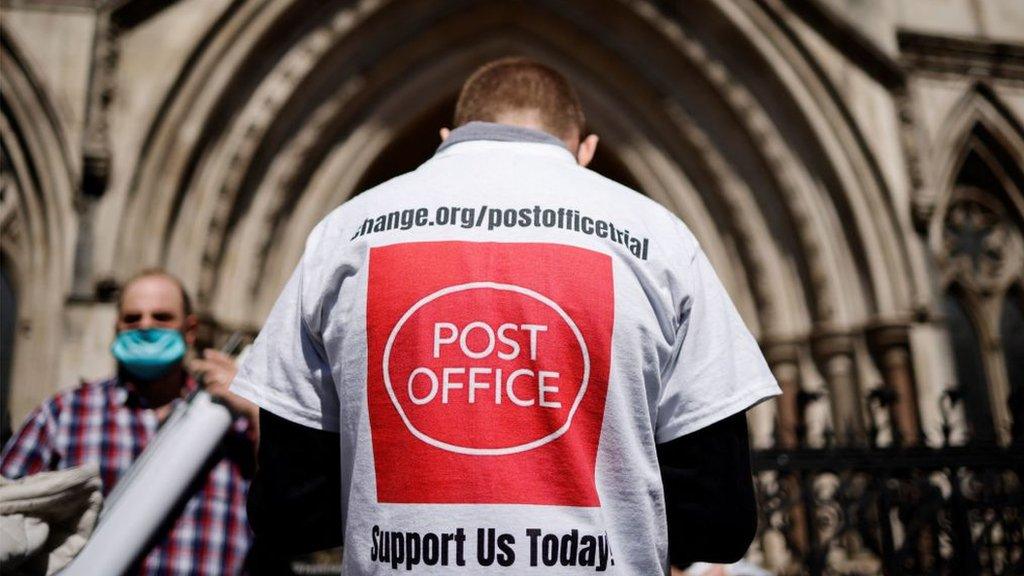I told Post Office the truth about Horizon in 2003, IT expert says
- Published
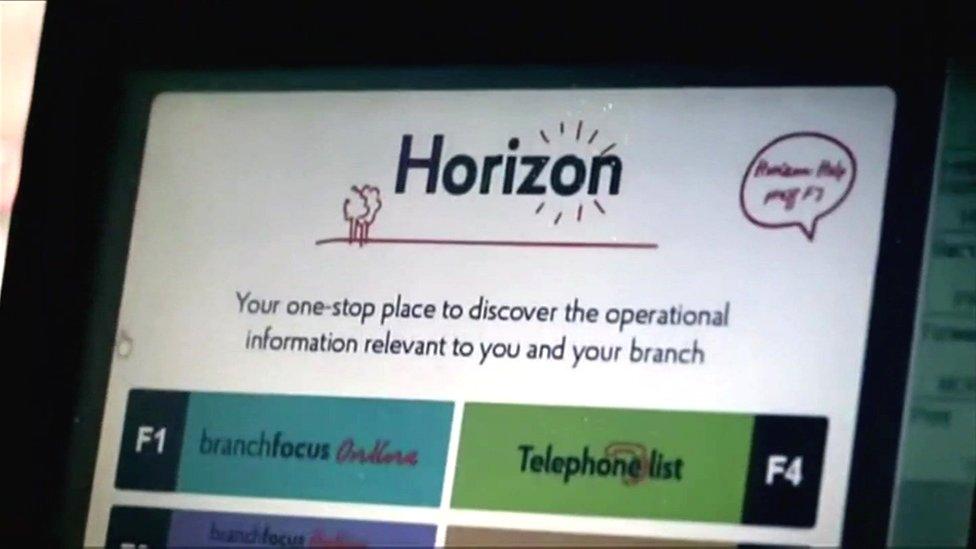
Mr Coyne said he notified the Post Office the data was "unreliable" but he was sacked and then discredited
An IT expert has criticised the Post Office for ignoring his report which found "concerning discrepancies" in its software more than 20 years ago.
Jason Coyne, who worked for Preston-based Best Practice Plc at the time, was instructed to examine the computer system called Horizon in 2003.
He said he notified the Post Office the data was "unreliable" but he was ignored, sacked, and then discredited.
The Post Office said it was doing all it could to put right the wrongs.
Between 1999 and 2015, the Post Office prosecuted 736 sub-postmasters and sub-postmistresses based on information from Horizon.
It has since come to light the faulty software made it look like money was missing.
Many maintained their innocence and said they had repeatedly raised issues with Horizon, but some went to prison for false accounting and theft while others were financially ruined.
After 20 years, campaigners won a legal battle to have their cases reconsidered.
A public inquiry is ongoing but Mr Bates vs The Post Office - an ITV drama broadcast earlier this month - thrust the issue back into the spotlight.
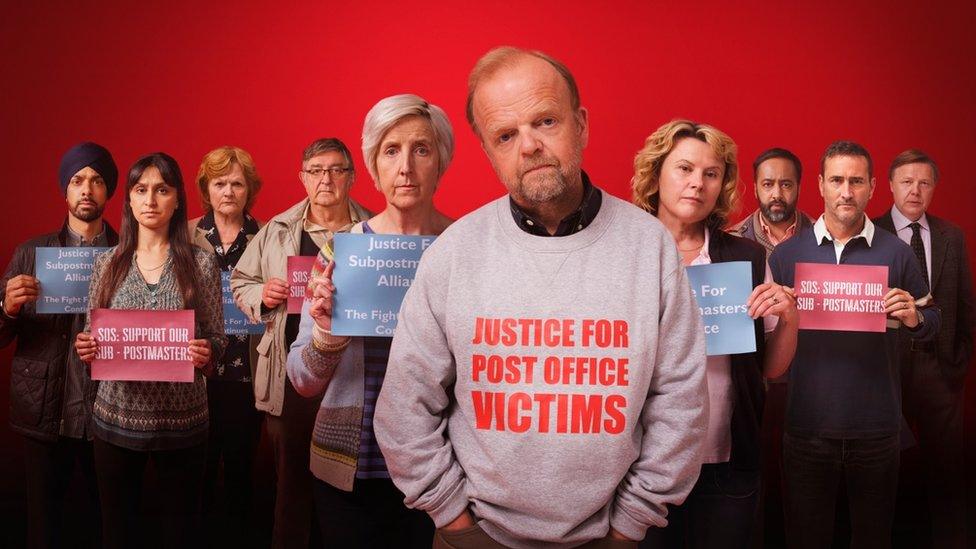
The ITV drama tells the story of Alan Bates' fight for justice
Mr Coyne - a digital forensic investigator at Evolution Project Consulting in Lancashire - said he was instructed by the Post Office as an independent expert to analyse data from the Cleveleys branch in Lancashire in 2003.
He said there "was clearly defective elements of its hardware, software and interfaces, and the majority of errors noticed in the fault logs could not be attributed to the sub-postmaster".
"I also noticed that there was a number of concerning discrepancies within the audit logs," he told BBC Radio Lancashire.
He flagged his concerns but he said the "Post Office effectively sacked me and attempted to discredit the report internally".
The system was developed by the Japanese company Fujitsu for tasks like accounting and stocktaking.
He said the Post Office then used their own internal and Fujitsu experts.
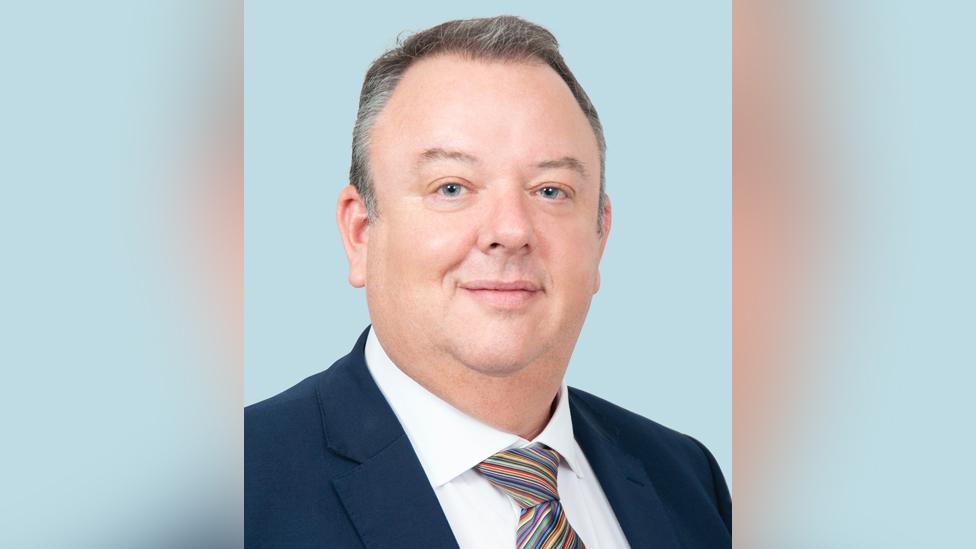
Jason Coyne said he uncovered various issues with the software in 2003
In 2016, he was approached by Alan Bates, who was one of the main claimants who brought a case against the Post Office and went on to inspire the ITV drama.
Mr Coyne was instructed as an expert witness in the case - this time for the other side - where he was cross-examined in court for four days.
"I had the truth, I had the data and had all the technology evidence to back up that data," he said.
He said if his report had not been buried by the Post Office then the past 20 years "might not have panned out in the same way".
"I feel very sad that action wasn't taken back in 2003 because they had everything that they needed to be able to look at that," he said.
"We all know that computer systems will fail and it's how you deal with those failures.
"What the Post Office appeared to do is just simply not accept that fundamental fact that systems will fail rather than look at systematic problems and resolution.
"They just simply turned to say 'well the postmaster is responsible for this loss let's just pursue the postmaster' rather than look at the technology."
'Fair compensation'
A Post Office spokesperson said: "We share fully the aims of the public inquiry to get to the truth of what went wrong in the past and establish accountability.
"It's for the Inquiry to reach its own independent conclusions after consideration of all the evidence on the issues that it is examining.
"We are doing all we can to put right the wrongs of the past, including providing full and fair compensation for those affected and offers of more than £138m have been made to around 2,700 Postmasters, the majority of which are agreed and paid.
"Interim payments continue to be made in other cases which have not yet been resolved."

Why not follow BBC North West on Facebook, external, X, external and Instagram, external? You can also send story ideas to northwest.newsonline@bbc.co.uk
- Published9 January 2024
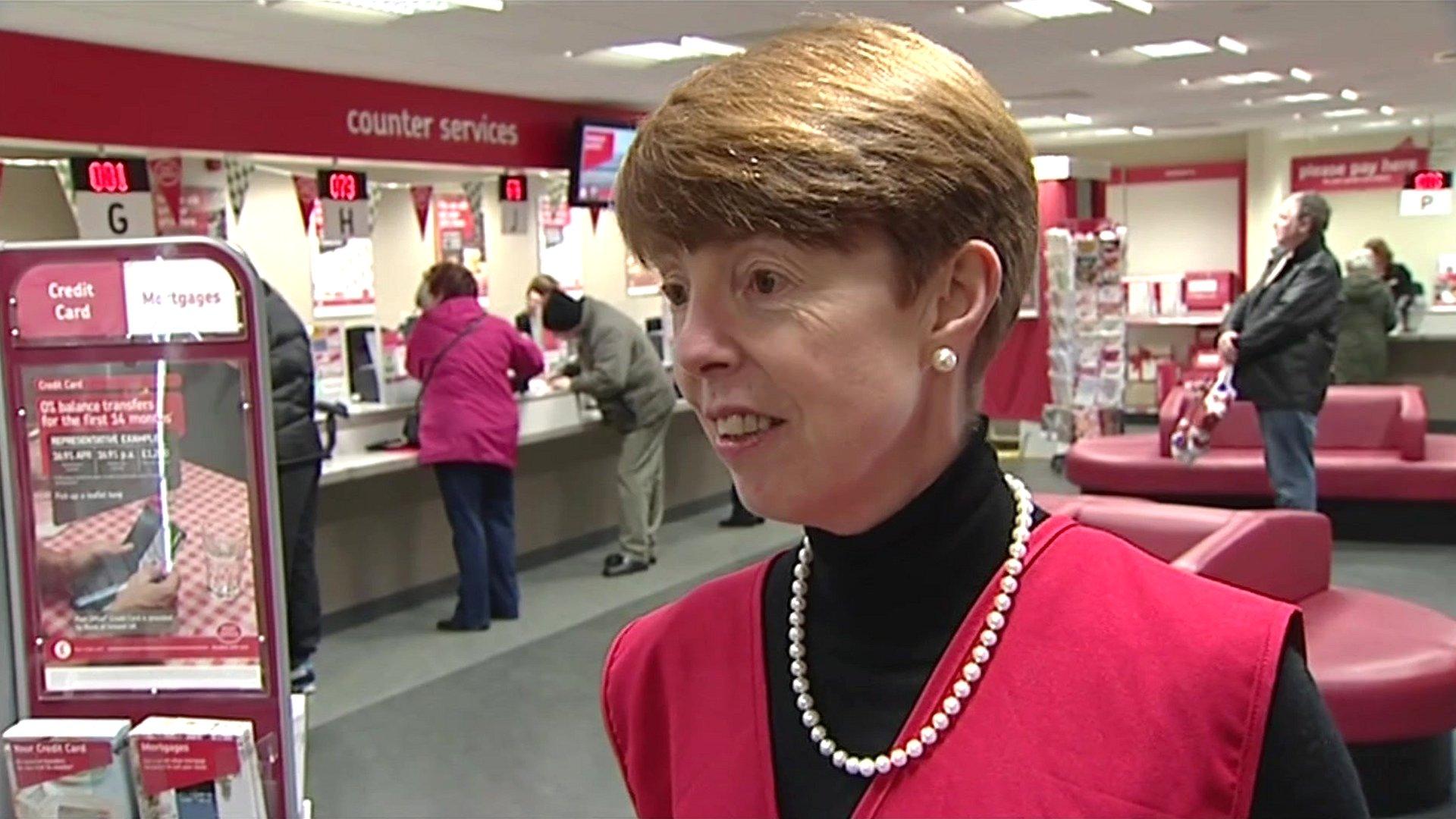
- Published9 January 2024
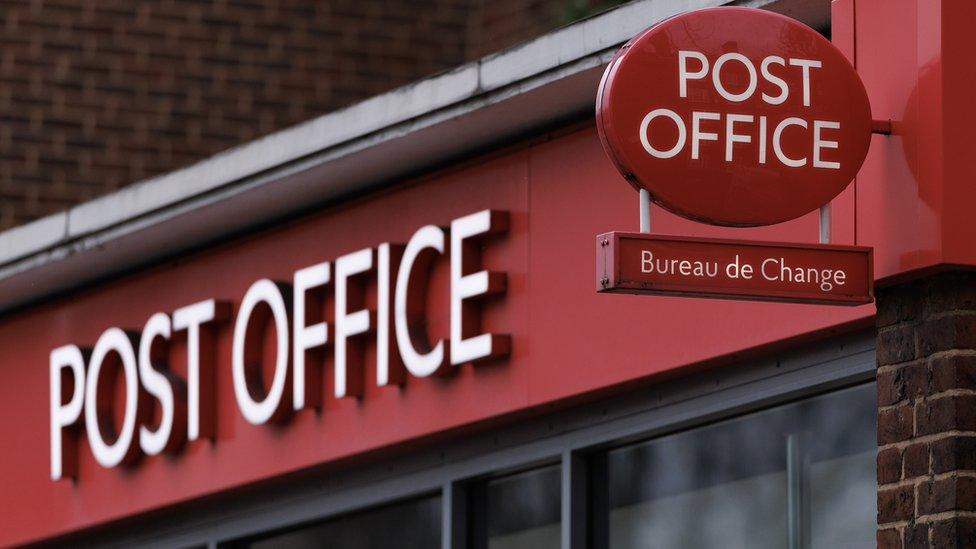
- Published9 January 2024
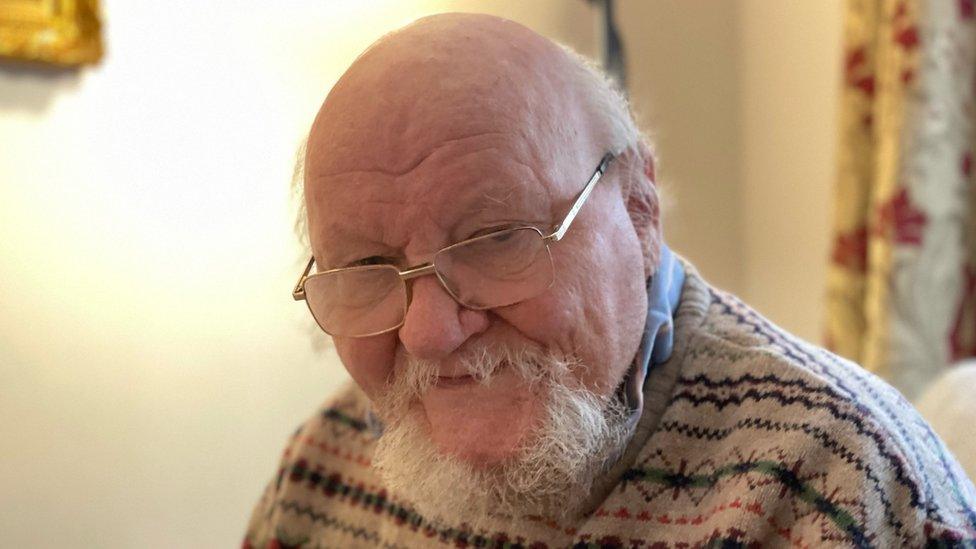
- Published9 January 2024
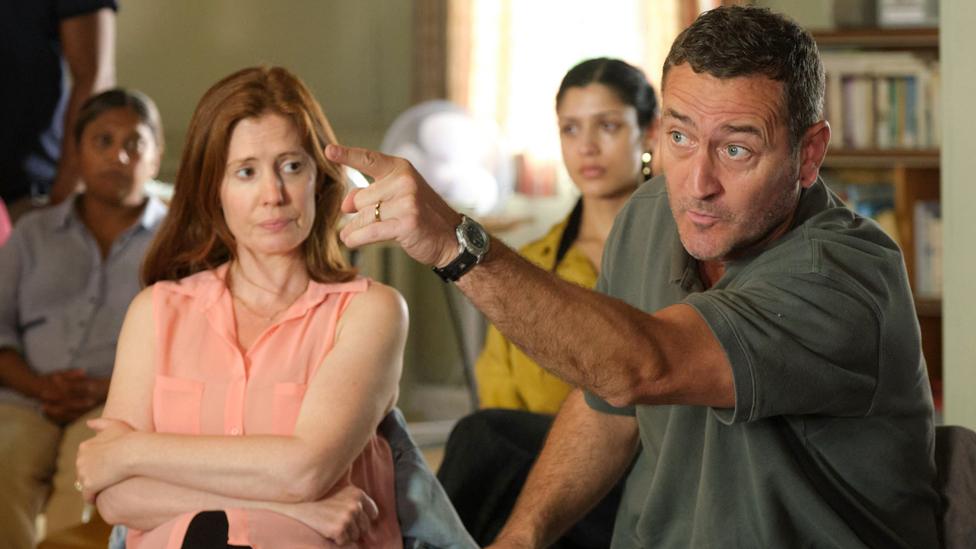
- Published8 January 2024
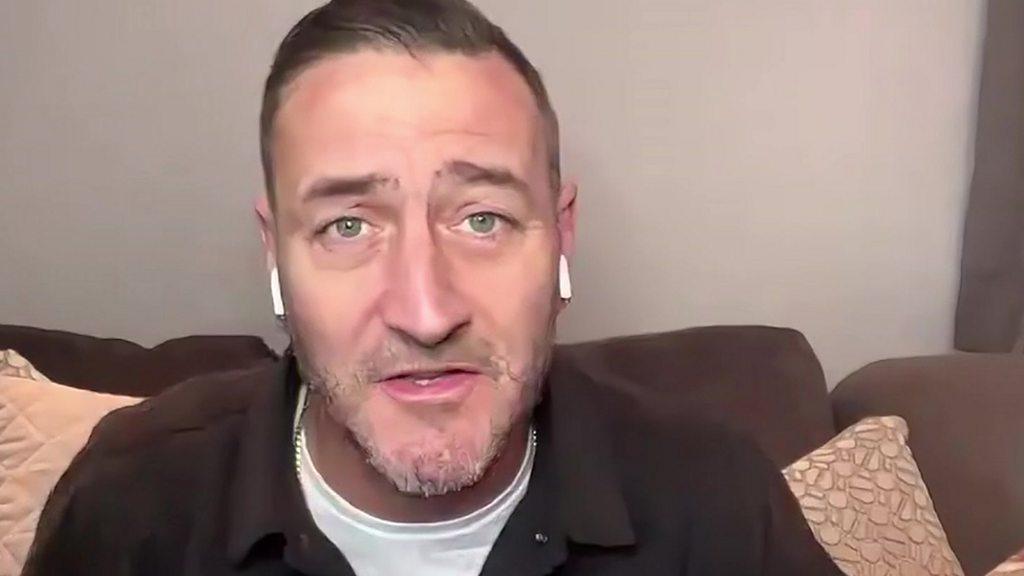
- Published8 January 2024
